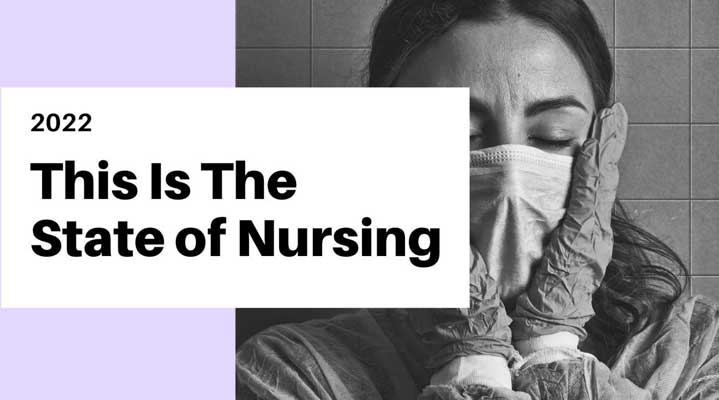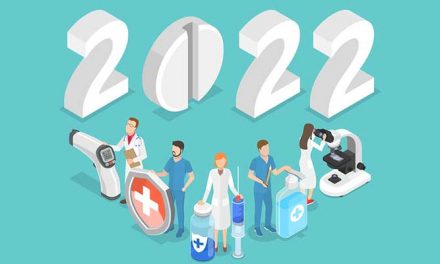Currently, nurses are the largest health profession in the country, and as COVID-19 continues to change the landscape, more will specialize in areas of care that are of interest to them. These areas include Critical Care, Nurse Practitioner, and Nurse Navigators. Read on to learn more about these fields. Interested in becoming a Critical Care Nurse? Click the links below for more information. The World Health Organization, the leading health policy organization in the world, has identified nursing as a top priority.
Clinical Nurse Specialists
According to the U.S. Department of Health and Human Services, demand for clinical nurse specialists will rise 31% from 2012 to 2022. The specialty pays well; salaries for this profession are over $100,000. Some clinical nurse specialists work as administrators, teachers, consultants, or advocates. They demonstrate advanced knowledge and expertise in their specialty area and apply evidence-based practices to improve care. They also promote change and advocate for quality care.
Critical care nurses
There are a number of different ways to become a critical care nurse. First of all, you will need to earn a bachelor’s degree in nursing, which typically takes between two and four years to complete. In some instances, you can even apply if you already have an associate degree and would like to get your bachelor’s degree in less time. To become a critical care nurse, you should have a strong desire to help patients, a strong education, and a strong support system in a clinical environment.
Nurse Practitioners
As the United States’ aging population continues to increase, nurse practitioners will continue to be essential players in the fight against COVID-19. By 2030, more people will be 65 and older than under the age of 18; by 2032, there will be more people over 65 than under the age of 18. Family Nurse Practitioners are uniquely qualified to provide medical care to the aging population, and salaries for FNPs will remain stable or increase.
Nurse Navigators
A nurse navigator is a health care professional who helps patients navigate the health care system. These professionals focus on the patient’s holistic needs and adapt a team approach to care. Nurse navigators may be self-employed or employed by a health care facility. This article discusses some of the major trends in the nursing field that will influence this career choice in the next few years. Read on to learn more about the future of this field and how it will impact patients and their families.
Nurses who speak a second language
Many healthcare organizations are seeking bilingual nursing professionals. Bilingual nursing professionals can perform critical functions in the healthcare setting, such as entering patient information into a computer system. These nurses also can communicate with patients in Spanish. With a growing Hispanic population and the growing need for bilingual health care professionals, there are many opportunities for nursing professionals with other languages. If you’re interested in a career in healthcare, consider learning a second language. It’s probably not as hard as you think. Focus on learning useful vocabulary instead, and you can be a better prepared nurse than ninety percent of your colleagues.
Telehealth
The emergence of telehealth will bring new challenges and new responsibilities for the nursing profession. Nurses have always been the front line of communication between doctors and patients. They perform tasks like data entry, note-taking, and life-saving interventions. This new technology will require more technical expertise. Fortunately, you can earn your BSN online from Eastern Michigan University! This article explores the benefits of telehealth for nurses.
Chatbots
In 2022, the number of people over the age of 60 is expected to increase from 12 percent to 22 percent, and this population is expected to need more medical assistance, facilitated by the advent of agetech. With that in mind, nursing will require more training and expertise to support these new generations. In the meantime, chatbots can provide nurses with valuable data that can help them better prepare for the future.





